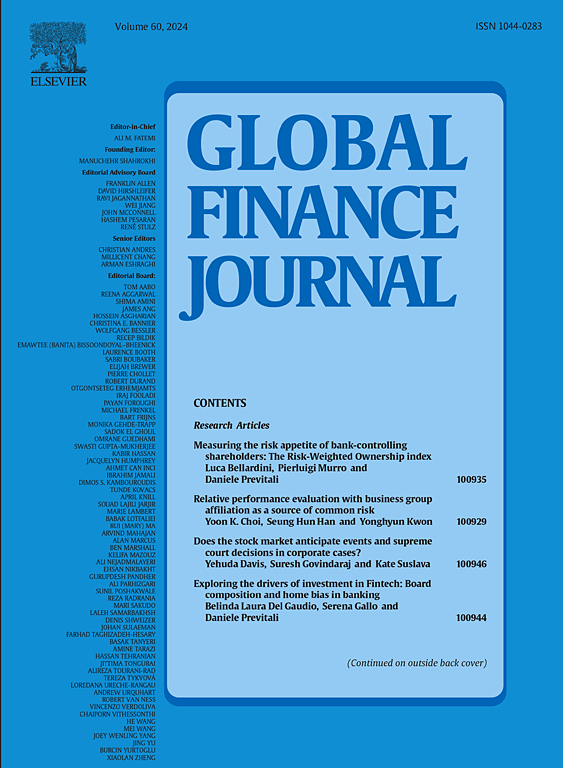Does news related to digital economy and central bank digital currency affect digital economy ETFs? Evidence from TVP-VAR connectedness and wavelet local multiple correlation analyses
Abstract
The rapid and widespread digitalization of economies warrants a better understanding of its impact on society and economy. This study contributes to this new but important research agenda by examining how news on digitalization affects digital economy related exchange traded funds (ETFs). For this purpose, we first construct a digital economy attention index by utilizing Google Search Volume Index for several keywords. Then, using this index and two other indices that represent attention and uncertainty related to central bank digital currency (CBDC), we examine the time-varying connectedness and correlations between these three indices and digital economy ETFs. Our TVP-VAR frequency connectedness analysis shows that attention to and uncertainty around the CBDC and digital economy have strong connectedness with the ETFs in the short-term. The analysis also shows that CBDC and digital economy indices are mainly net transmitters of shocks while the majority of the ETFs are the net receivers of the shocks. The results of our wavelet local multiple correlation (WLMC) analysis show that the correlations between ETFs, digital economy and CBDC indices are time- and frequency-dependent. Moreover, both connectedness and correlations are affected by CBDC-related global events and COVID-19 pandemic. The time- and frequency-dependent relation requires active management of the portfolios containing digital economy related assets.

 求助内容:
求助内容: 应助结果提醒方式:
应助结果提醒方式:


